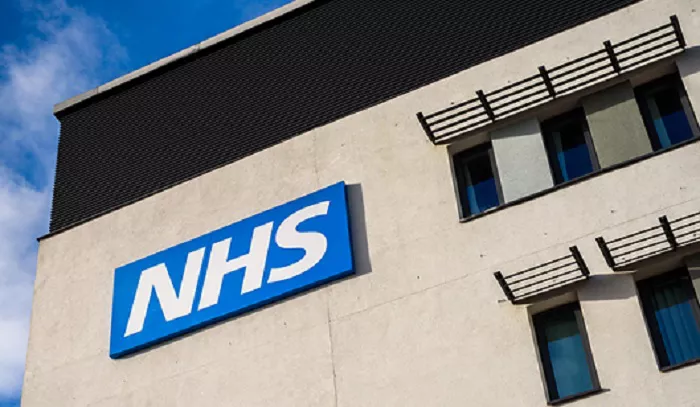The National Health Service (NHS) is facing a growing strain due to complications from cosmetic surgery, MPs have been told. Experts and campaigners warn that poor regulation and unsafe practices are fueling a crisis, as patients suffer severe complications from procedures performed in unsafe environments.
The women and equalities committee heard evidence that procedures such as Brazilian butt lifts (BBLs) are sometimes carried out in living rooms, Airbnbs, and hotel rooms, using unlicensed products bought from abroad.
Regulatory Failures and Patient Harm
Professor Vivien Lees, consultant plastic surgeon and vice-president at the Royal College of Surgeons of England, highlighted the urgency of the issue. She warned that the global cosmetic surgery market is expected to triple within the next decade, increasing the number of patients with severe complications.
“We need a structure that supports legitimate work. If the harm caused to these women happened in any other context, the perpetrators would be behind bars,” said Prof Lees. She criticized the dismissive attitude towards victims, suggesting complaints are often ignored due to assumptions of vanity.
The tragic case of Alice Webb, a 33-year-old mother of five who died after a BBL procedure in September 2024, has sparked calls for legislative action. Campaigners are urging the government to introduce “Alice’s Law,” which would make it illegal for anyone other than a registered plastic surgeon to perform buttock augmentation with hyaluronic acid fillers.
NHS Under Pressure from Complications
Prof Lees described the NHS as being left to pick up the pieces when procedures go wrong. “We see patients from the UK and abroad with acute complications. Practitioners often lack the skills to manage these issues, leaving the NHS to handle infections, abscesses, and life-threatening problems,” she said.
Examples included severe infections requiring surgical removal of lip tissue and cases of infected buttock implants. These complications not only burden plastic surgeons but also affect breast surgery services and emergency care.
Unregulated Procedures and Unsafe Practices
Ashton Collins, director of Save Face, criticized the lack of clear regulation. “These surgeries are being done in homes, Airbnbs, and by people using unlicensed products from China and Korea,” she said. Collins warned of a looming crisis, citing instances of dangerous misdiagnoses and improper aftercare.
She emphasized the urgent need for proper oversight: “Without intervention, countless deaths could occur. This should not be allowed to continue.”
Surgical Tourism and NHS Costs
Nykoma Hamilton, an infection control nurse from the RCN Fife branch, raised additional concerns. She suggested that companies offering cosmetic surgery packages abroad should bear financial responsibility when patients return with complications.
“We’ve seen horrid complications. These companies should pay insurance so the NHS can seek compensation for the costs of treating these patients,” Hamilton said.
She also highlighted the risk of antibiotic resistance linked to surgical tourism. Patients colonized with drug-resistant bacteria pose a wider health risk, further complicating infection control efforts in the UK.
Related topics:
- Gotham Health Launches Comprehensive Dermatology Care, Prioritizing Early Detection and Equity
- “A Little Bit of Mario”: Cult-Favorite Brand Debuts Limited-Edition Skincare Set on Amazon
- SK Chemicals Expands Eco-Friendly Cosmetics Packaging with Recyclable Materials at Asia’s Largest Beauty Trade Show


